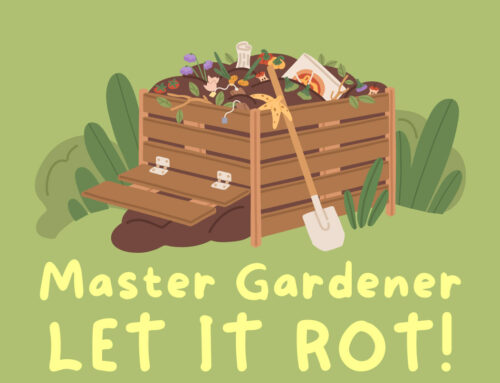You don’t think you have time to volunteer? Call the Volunteer Center. We’ve got volunteer jobs that will fit even the busiest person’s schedule.
To introduce individuals to volunteering, the Volunteer Center encourages people to become involved in short-term projects and special events. Volunteers can register participants for a walk-a-thon, deliver presents to needy children during the holidays or help with hundreds of other tasks that involve only a few hours.
While these volunteer positions are important, nonprofit organizations and schools also have a tremendous need for volunteers who are willing to make a more substantial time commitment. Sometimes it takes more than just a Saturday afternoon to make a difference, especially in a child’s life.
Mentoring, for example, cannot be completed in one day. Mentors are adults who build consistent relationships with young people. They meet with children one-on-one or in group settings.
Big Brothers and Sisters of Metropolitan Dallas provided more than 600 children with adult mentors in the last year. Each volunteer is matched with a child from a single-parent home who needs a special friend.
“A mentor relationship provides a child with one-on-one attention that encourages the child to grow,” says Lisa Hoppert, director of public relations for Big Brothers and Sisters of Dallas. “Mentoring creates a good environment for children to flourish, especially at-risk children.”
Volunteers who serve as big brothers and sisters go through an intensive screening, training and matching process. They make a one year commitment to the mentor program, but the time they spend with their children varies. Some mentors meet with the young people every week while others meet twice a month, depending on the needs of the child.
Big Brothers and Sisters started in 1904 and moved to Dallas in 1927. The staff and volunteers know what an impact mentors have on children. A recent survey by Big Brothers and Sisters found that 75 percent of the children involved with a mentor improved their grades in school, three percent improved their relationships with teachers and 99 percent improved their self-esteem.
Serving as a big brother or sister is not an easy volunteer job. Mentors must be committed to investing in children’s lives.
“We’re looking for adults who have the desire to make a change in a child’s life and who are healthy, positive role models,” says Hoppert. The volunteers must also have time to commit to the program.
The big brother or sister is a traditional mentor role for volunteers, but the structure of mentor programs can vary greatly. In DISD school volunteers can serve as mentors, tutors or listeners. Volunteers meet with students during the school day to help them with school assignments or simply to talk. Many volunteers become involved with students through their companies’ Adopt-A-School programs.
HOSTS (Helping One Student To Succeed) is a new program in 19 DISD schools. Each volunteer is matched with a student who is reading below grade level. The mentor and student meet together once a week during the school day to work on reading skills.
Mentors are not always in one-on-one relationships with young people. A Girl Scout leader, for example, meets with a group of girls to work on badges, plan and coordinate activities and enjoy outdoor programs.
“The girls have a female role model who they see in a leadership role,” says Meg Cadigan, public relations director for the Tejas Girl Scouts Council. “The leaders can help girls develop skills they will need as women.”
A new trend in the mentor field is family volunteers. Similar to a traditional mentor program, family mentoring allows an entire family or group to become involved in a child’s life. The child becomes almost an extended family member, participating in everyday activities. These programs can impact the mentor families, especially those with children, in addition to the at-risk child.
The rewards are great for anyone involved in a mentor program, as an individual or a group. To see a child improve his reading skills after months of tutoring sessions or to see a child smile when his big brother comes to see him – that is when a mentor knows volunteering is time well-spent.
More than 100 organizations in Dallas County offer mentor programs and other similar opportunities for volunteers. For more information, call the Volunteer Center of Dallas at 826-6767.





